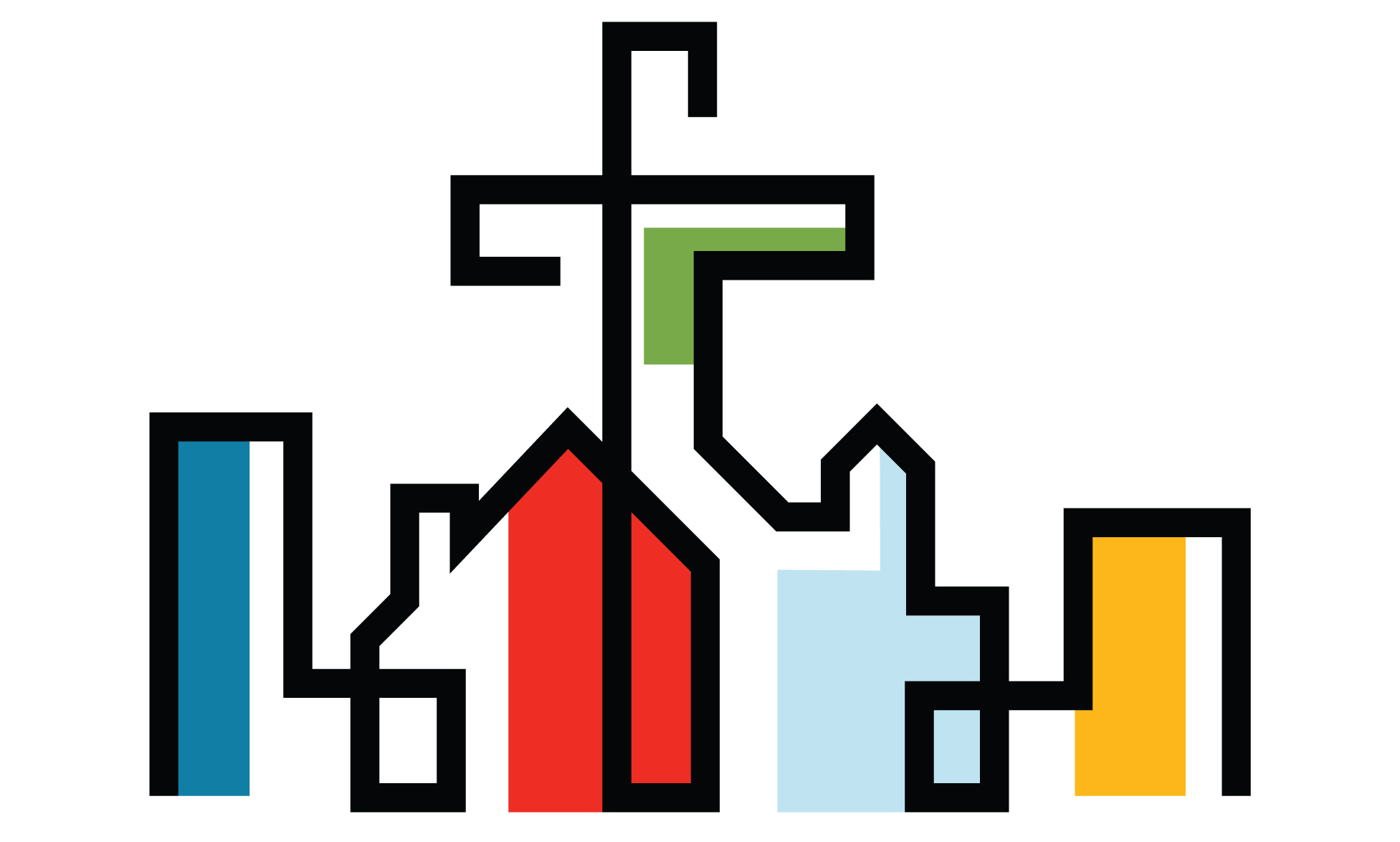I stood at the back of the convention hall with a cup of coffee in hand. I watched people strolling in, chatting among themselves, then suddenly growing silent as they heard the music in the air. A jazz ensemble is leading worship with contagious joy. Nearby an organist sits tall and ready to play when the time comes. I know that when the organist taps the keys, I will feel the strain of a little liturgical whiplash. But the echoing transition between jazz ensemble and organ remind me what I know already is true: the United Church of Christ is incredibly diverse. Across our denomination our worship styles differ greatly as do our theologies, beliefs, and practices; our backgrounds, cultures, and geographies; our ages, gender identities, and sexual orientations; our life experiences, bodies’ abilities, and embodiments. When we, the United Church of Christ, are gathered, we are collectively the beautiful, diverse, complicatedly holy Body of Christ.
After several days at the UCC’s recent biennial gathering — General Synod 32 in Milwaukee, Wisconsin in late June — I looked around at the thousands of people who had gathered and wondered what is it that actually brought us here? Some would say it was the desire to worship together. For others the chance to see friends. For some it was the workshops. For others it was the hope to work on meaningful resolutions that would either help focus the direction of the denomination or offer a public statement of witness to the world. Whatever it was that brought us all to this place, what we have done collectively is BE church in its fullness, messiness, and beauty. What unites us in this room is a love of the United Church of Christ and an abiding hope its future. What brings us together biennium after biennium to gather as a General Synod is to discern where God is calling us next and to discern how to be light, love, and hope in this world.
That is what we did. Among the actions of General Synod: we declared support for the Green New Deal and affirmed the intersectionality of climate justice with all justice issues. We directed the UCC to bring bylaws revisions that include non-binary gender language. We passed a resolution for a working group to explore how local churches, conferences and the national church can better live into their covenantal relationship. We committed support for survivors of rape and sexual violence and asked for ongoing church-wide observance of Break the Silence Sunday.
Other resolutions were passed as well, each important in their own right. Some other resolutions were tabled. Some were not recommended by their committees. Others were defeated. Through it all, fallible and human as we are, we engaged in learning and dialogue, listening and reflecting, wondering and discerning, and ultimately, found words to articulate what we see as our way forward. This is Church.
It is true that the General Synod’s statements and decisions do not dictate what other settings of the church have to do, but it is even more true that we are a covenantal denomination. This means that each setting of the church — whether a local church, association, conference, covenantal partner, or national setting — is expected to lean in, listen with holy openness, and discern how they are called to live into these decisions in their own communities of faith.
Friends and siblings in this wonderful United Church of Christ, the work of General Synod was hard but it was good. There were painful moments and also moments of hope and grace. I invite you to look at the resolutions, to reflect on them, to wonder how they speak to your own church, and to engage them in ways that will spark life-giving, Spirit-inspired energy for ministry. Read more about resources that are available to you as you begin to learn about, and perhaps wrestle with, resolutions coming from General Synod 32. I look forward to partnering in this work with you.
